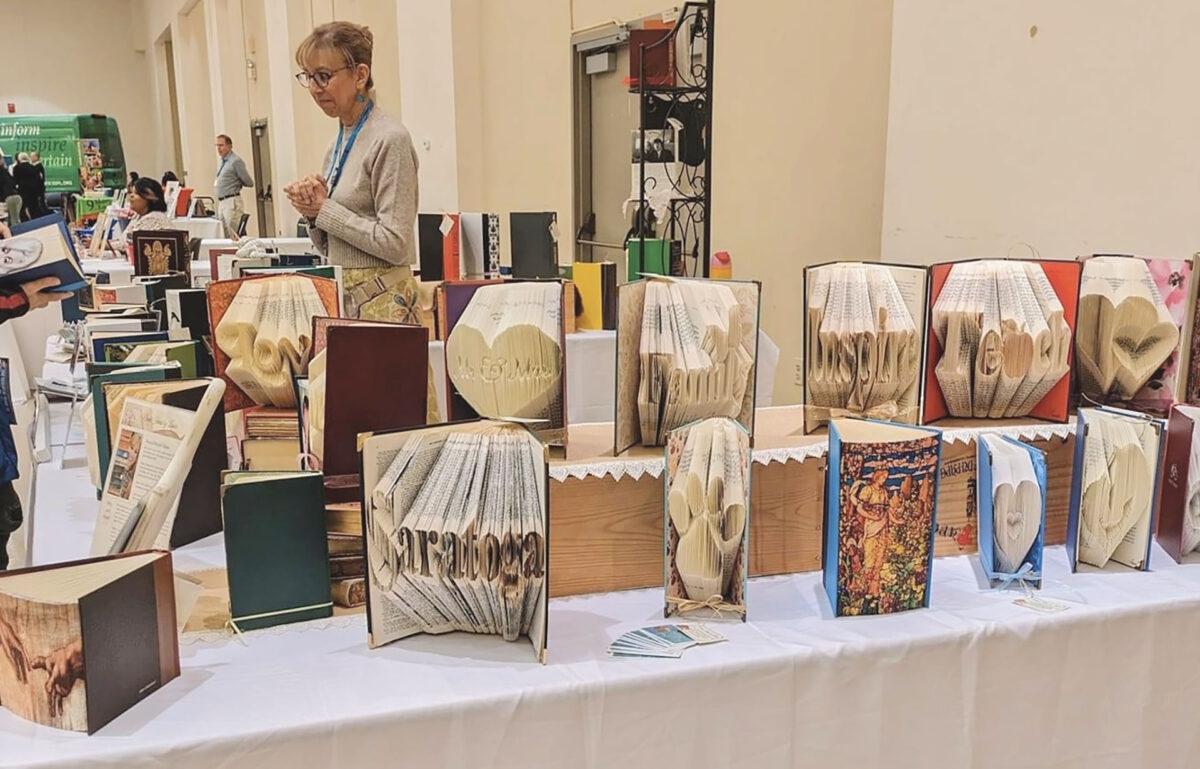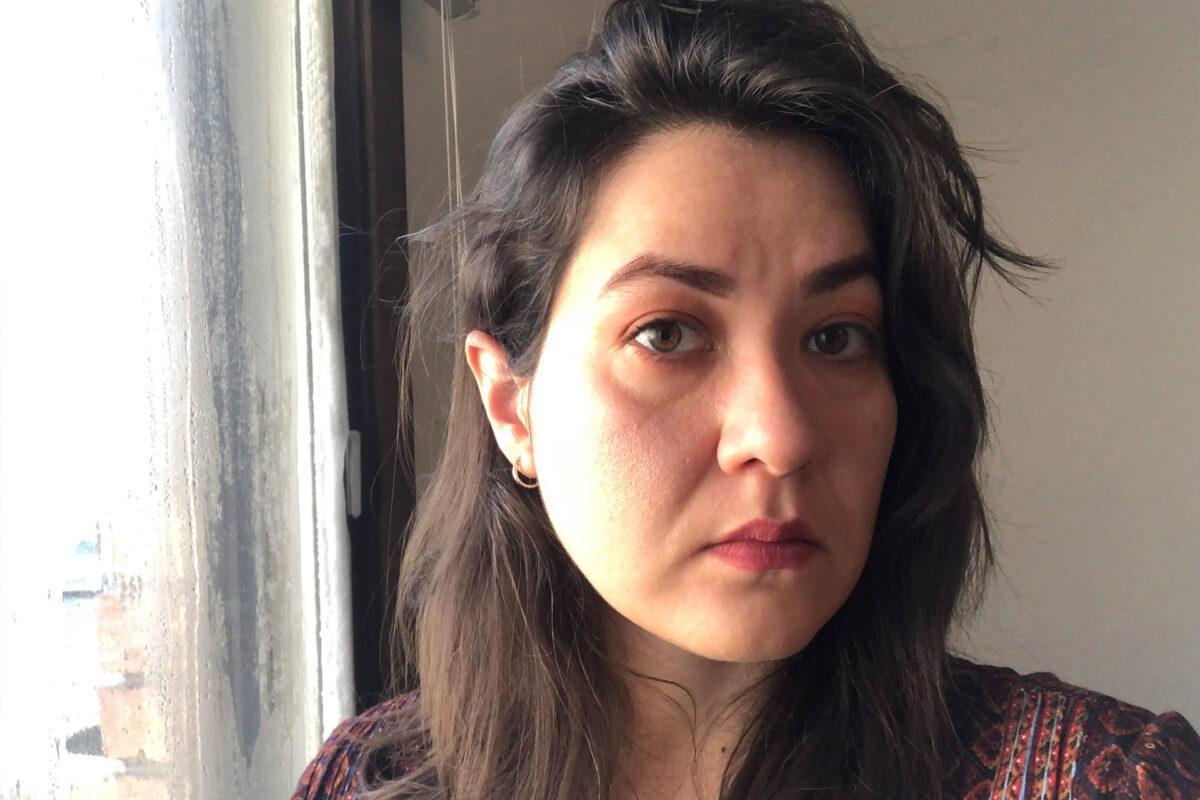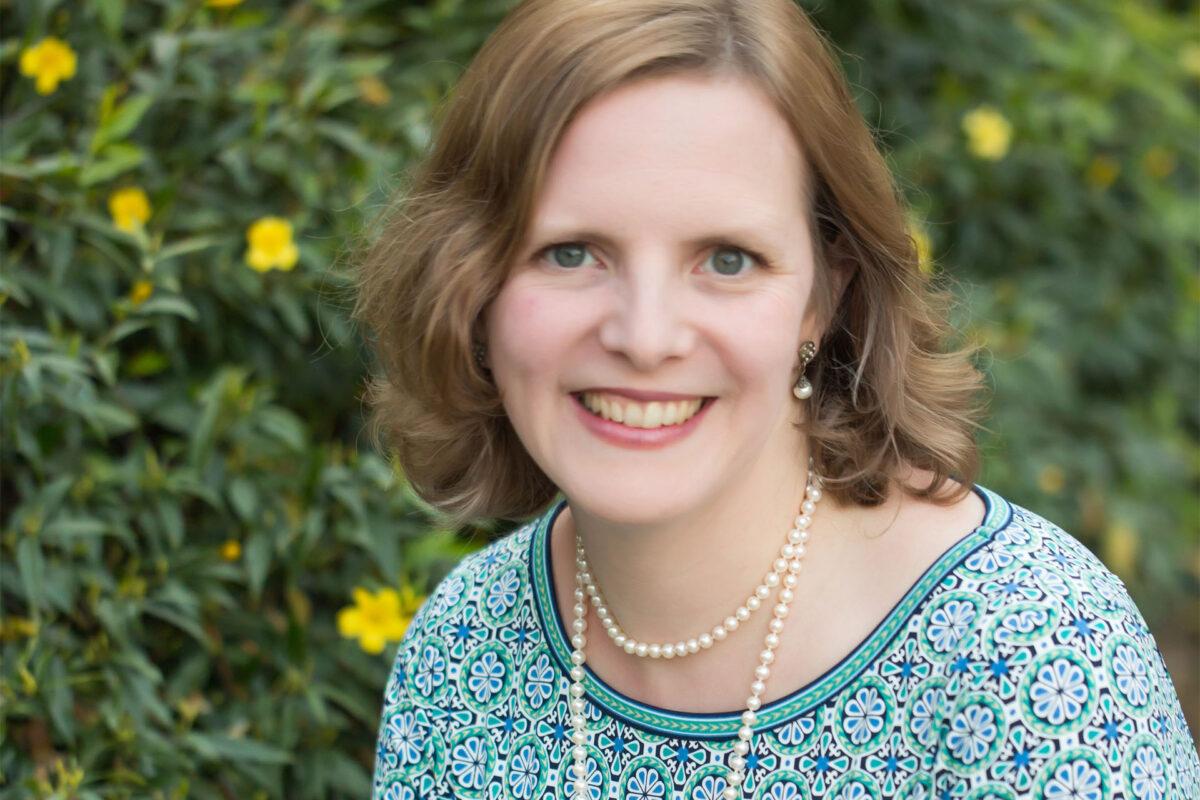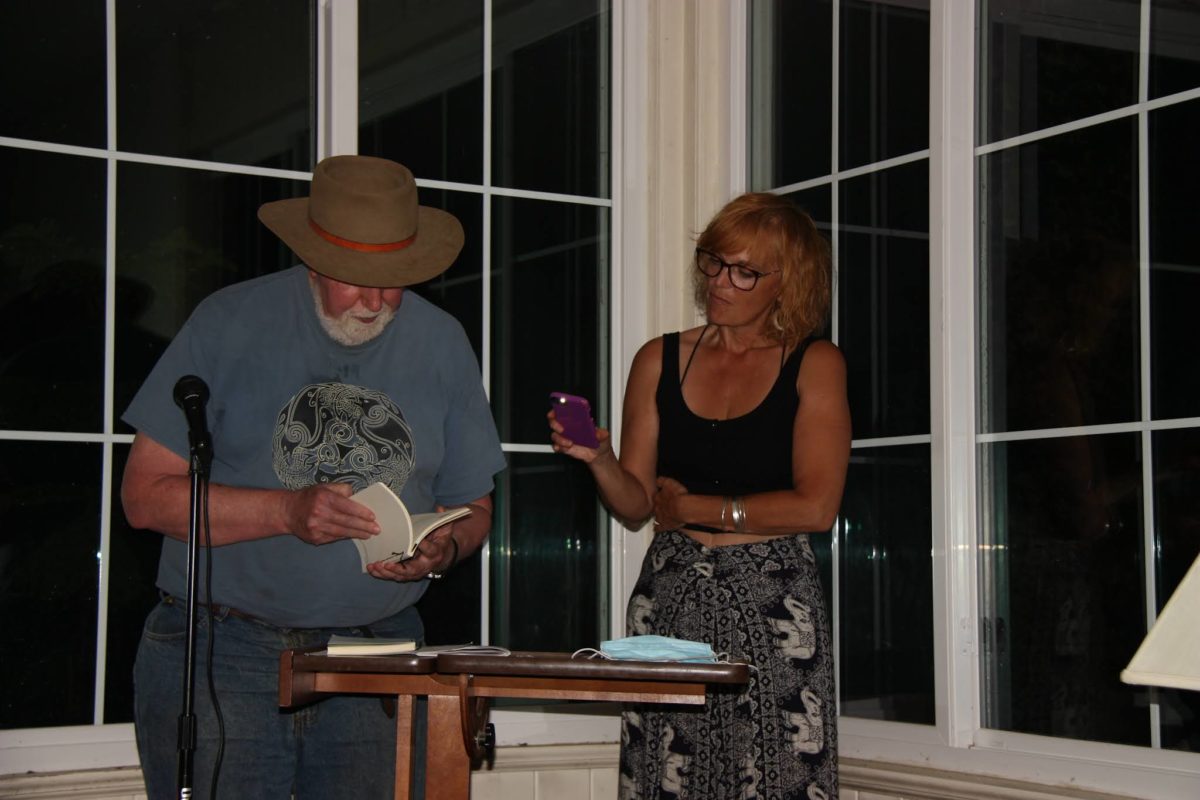The Albany Book Fair hosted by the New York State Writer’s Institute gathered together a number of speakers, vendors, and panels; one of them being a mystery writing panel, hosted by Laura Lippman, Walter Mosley, Joseph Finder, and Linda Fairstein. The authors went through a myriad of topics, guided by the emcee as well as the audience members who asked some intriging questions.
The MC prefaced the first question with the news of Nancy Crampton-Brophy; the romance novelist who also wrote about female protagonists murdering their husbands. She herself has been arrested in connection to the murder of her husband, Daniel Brophy. The emcee asked if writing mystery novel (which often involve murder) can corrupt the soul.
“Was she a good crime writer?” Those were the first words out of Lippman’s mouth. She went on to say that it’s a cliche to think crime writers are unstable individuals; in fact, “There’s a lot of catharsis at the computer. You work out a lot of your darker instincts.”
The MC attempted to add on the psychological standpoint of ideation, thinking about doing something leads you to doing something. Mosley went in a different direction, regarding the modern news cycle, and the problem of objective perspectives being lost in the cycle. “—those people deserved it, these people don’t deserve it, these people are gonna try to kill you…” Mosley went on.
Finder stated directly, that writing in the current is impossible, with the speed of information and current politics. Writing in the current “poisons our mind.” Usually traveling back in time lets the writer use their imagination to think beyond the current moment. Fairstein concurred with Finder’s idea. Mosley did note later that the politics of the time period selected are important, “you can’t write a book about a woman in 1915 and not mention the fact she doesn’t control her children, her body, her job.”
Lippman also agreed but made a parallel to a book she had written prior, where the central question of the book was whether a girl was raped at a party. She pointed out the idea that “the crime in the crime novel is a plot engine,” but the crime doesn’t make the crime novel, it’s how the characters act afterwards.
The emcee went to the next question; villains, and whether humanizing villains is important. Finder started off with the idea that making a villain human is more interesting; almost identifying with the villain makes the villain more than just a villain. Lippman noted that during the publishing of one of her works, “My Life as a Villainess,” she was going through a divorce. She noted that in the story of her divorce, she was the hero of her story, while her husband was the villain, and vice versa; an essential truth of all stories. Fairstein also related her work as a prosecutor, and that when the accused takes the stand, the defense attorney paints the accused as a human being, usually to curry favor. Mosley asked the better question, “Does it work?”
None of them considered themselves evil, when asked by the emcee.
When asked about killing off known individuals (in their books of course), Finder said he did, having put a Boston Globe critic as the villain in his book “High Crimes,” because the critic gave a poor review of a prior work. Fairstein rewards her friends, and dashes people who’ve crossed her. Mosley never had, just out of principle.
The emcee asked about how the genre of mystery allows writers to create unique heroes. Finder went on the same path as he did with making complex villains, “it’s always someone who has flaws, who triumphs over those flaws,” that is what makes characters interesting in his opinion. Fairstein makes protagonists, not heroes as she stated. Her earlier writings in 1996, depicting women in law, were based on her desires for one, as well as her work as a prosecutor at the time.
“What do I bring to these stories?” was what Lippman asked. To her, it was about perspective, the perspective she could give. “I leaned into what I knew.” She described her mental process of writing as a woman, and asking herself questions like, “Who dies in Baltimore?” Her answer, “young black men.” Mosley’s unique perspective comes from the fact that, as he stated, “by my third or fourth book, I realized that I was writing about black male heroes.” Heroes, not just protagonists, Mosley said, are people you often look up to, and agree with their way of thinking.
During the crowd questions section, one man who was handed the microphone commented that, “Making a hero who is black, gives a bridge for people to think across.”
The emcee stood and changed the origin of the questions from himself to the crowd. Beyond the first praise, the first question was on how to write good dialogue. Lippman noted that, from a piece of correspondence between James Cain and Raymond Chandler, Chandler stated “There’s a difference between dialogue that works on the page and works on the screen.” Dialogue can be long in a book, while dialogue for film often has to be curt.
When asked about protagonists, they all agreed on having some “one-off” characters; Lippman stated the idea of a book in a series being “the chapter in the life” of a series protagonist, while the life of a one-off character is confined to a single book. For all of them, they’ve had characters stay with them for a long time, almost like “having a very satisfactory adult imaginary friend,” Lippman added. Mosley said he’s had around 10 or 12 characters who’ve lived with him.
All of them – when asked about the importance of de-mystifying the current moment of true mysteries in the world – noted a need for critical thinking. They drew parallels to their past lives, especially to Vietnam and Walter Cronkite, the face that stood alongside Vietnam whenever it was on TV. Lippman said that it was best to ask “Who benefits [from a conspiracy theory]? Who has the most at stake?”
Mosley was asked about where did his character (a series character) Socrates come from. Mosley talked about making a black philosopher, in response to readers of his books questioning the knowledge his black characters had. Finder said that in response to one of his readers, he stopped killing dogs in his books. Something to learn from people who’ve learned things the hard way (and been willing to listen) during their time as mystery writers.






